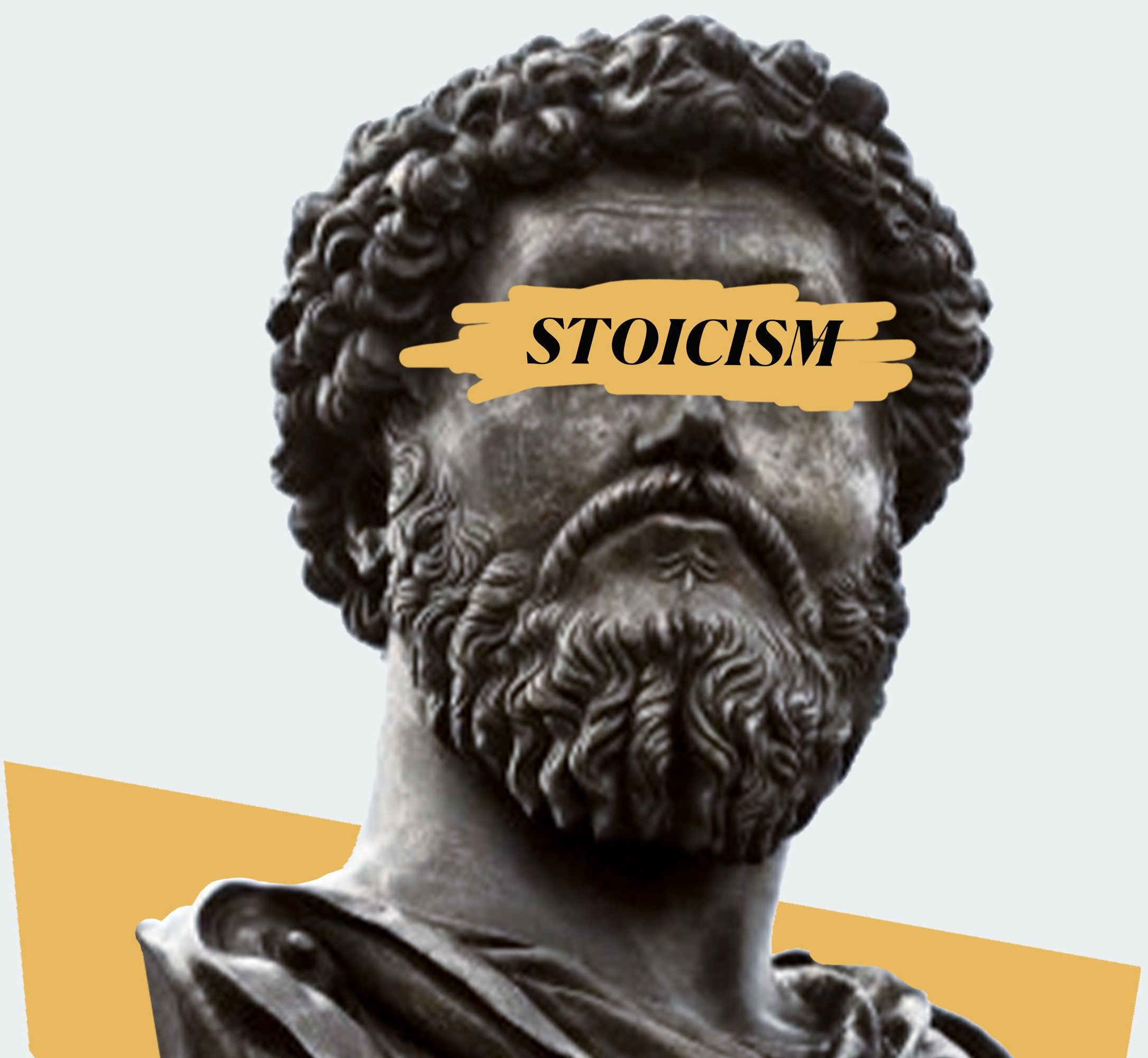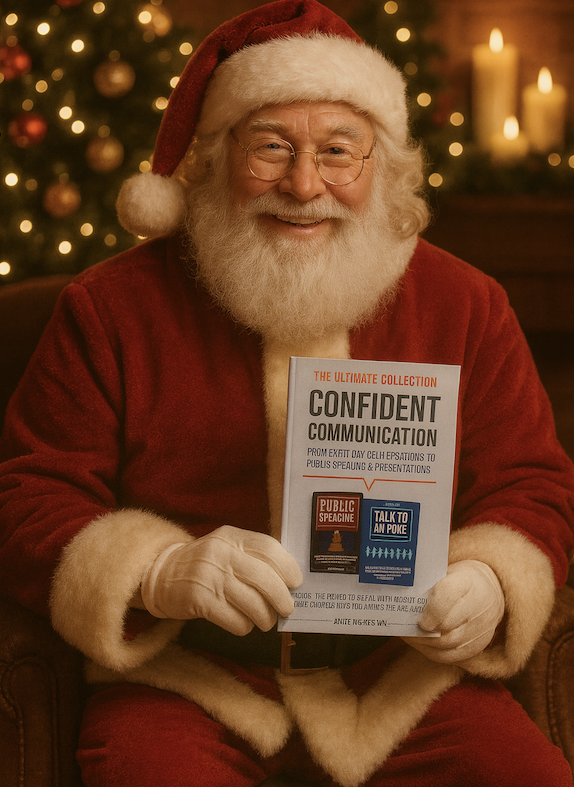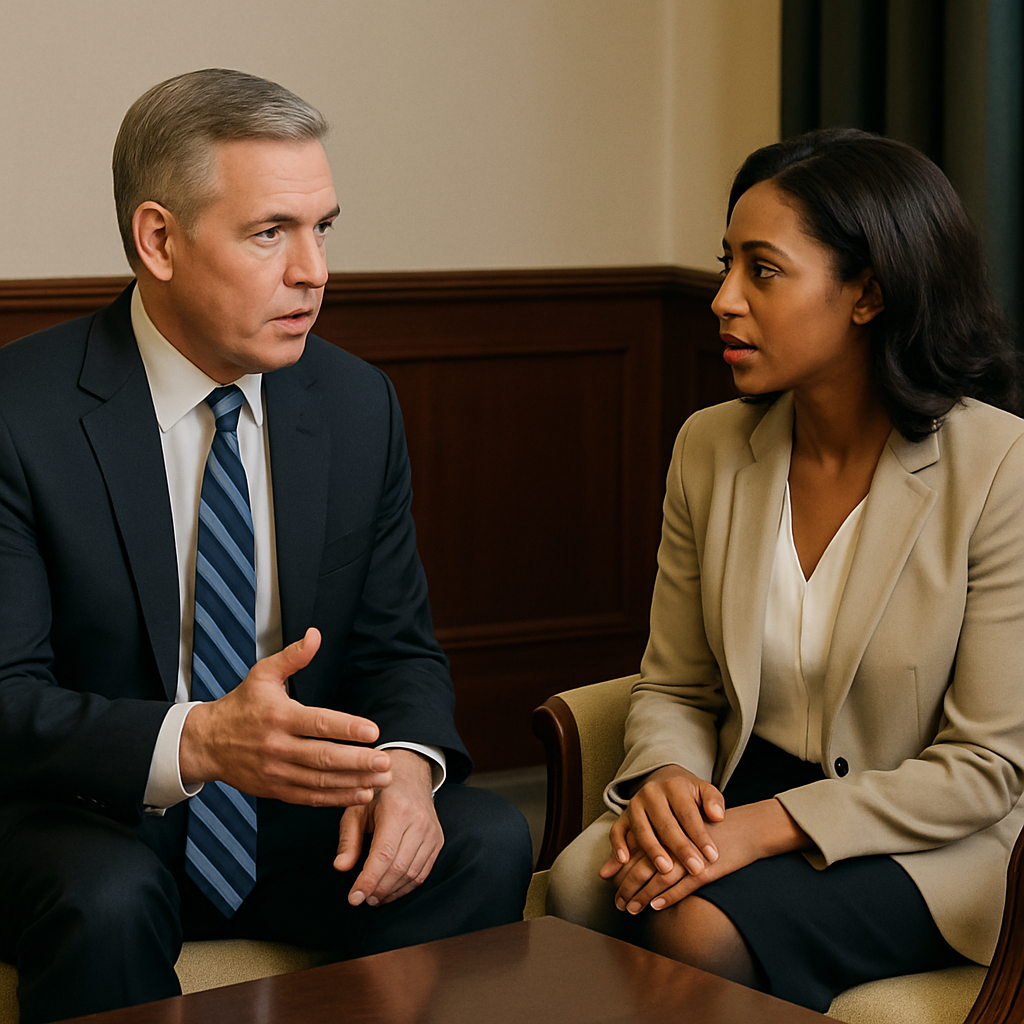My daughter studies ancient history and is always sharing the teachings she reads from thinkers of old. What I’ve picked up from her musings is that these teachers knew a lot about what it means to be human, even though they didn’t have access to all the scientific, technological and medical advances we have today. She recently purchased The Daily Stoic, a book of meditations by Ryan Holiday. There is a reading for each day of the year, on the art of living.
Stoicism’s two most famous practitioners were Marcus Aurelius, a powerful Roman emperor, and Epictetus, a philosopher who was born into slavery. Both of these men found internal freedom and resilience through the practice of stoicism which teaches :
- We all have the ability to choose how we respond to life changes
- We should seek to grow and become better humans every day
- We should live according to a code— a set of standards
In other words, one of the key virtues of stoicism is self-discipline. Probably something we all struggle with at times. I know for myself that routine and self-discipline are the way forward and help make what I’m doing more accessible and fulfilling, but it’s not easy.
Self-discipline is one of the four cardinal virtues of ancient philosophy alongside courage, justice and wisdom. All of these require a willingness on our part to choose to pursue a more fulfilled life. These virtues are not about instant gratification or easy satisfaction. Like the Greek hero Heracles, virtues like self-discipline require that we choose to walk the more challenging path as we learn and grow as a person.
In today’s world, many of us are looking for hacks and shortcuts, but there are no shortcuts. So much of success comes down to showing up, putting in the work, and following the process. There is no one magical, breakthrough thing to get you where you want to go—it is a slow, iterative process. Be aware that the more energy you spend thinking about the outcome, the less energy you have for the doing in the present moment. I’ve learned to let go and trust that my goals are being reached little by little, each day by sticking to my routine and plan.
What I’ve learned through my own personal development journey is that who I was in the past doesn’t define my future. My mindset and views don’t have to be fixed. If I’m willing to change my thoughts and behaviour, I can change my outcomes.
I am also aware that change is not one linear leap but a stream of small transitions that lead me to individual achievements. Perfectionism shouldn’t get mixed up with self-discipline. Perfectionism can keep us stuck naval gazing. Self-discipline encourages us to take action and keep moving forward.
Discipline will look different for different people. For some people, it may just be getting off the couch and working. For others, discipline may require rest and introducing boundaries. Self-discipline, at its heart, means mastering ourselves before someone or something else masters us. Discipline is the great equaliser: no matter who or where we are, we all need self-discipline to live a fulfilled life.
But this means more than just physical discipline. Yes, we need to exercise and eat well, and if we are working towards a physical goal, we have to train our bodies. However, our temperament is equally important. What does our mental discipline look like? How do we respond to our triggers? Does the way we respond move us back, or forward? We must take command of ourselves mentally and physically to live a fulfilled life.
Even if you do get everything you want, or everything goes to plan, you can still be unhappy. Yes, you may have the freedom to make your own decisions and live the life you want, but if you don’t develop internal command and self-discipline, you can quickly crash and burn. We all need boundaries and self-discipline to be a well-rounded, effective and healthy person.
If you’d like to make self-discipline a reality in your life and need help to get started, click here and book in a time with me www.annemckeown.com/contact






One Response
thanks for info.